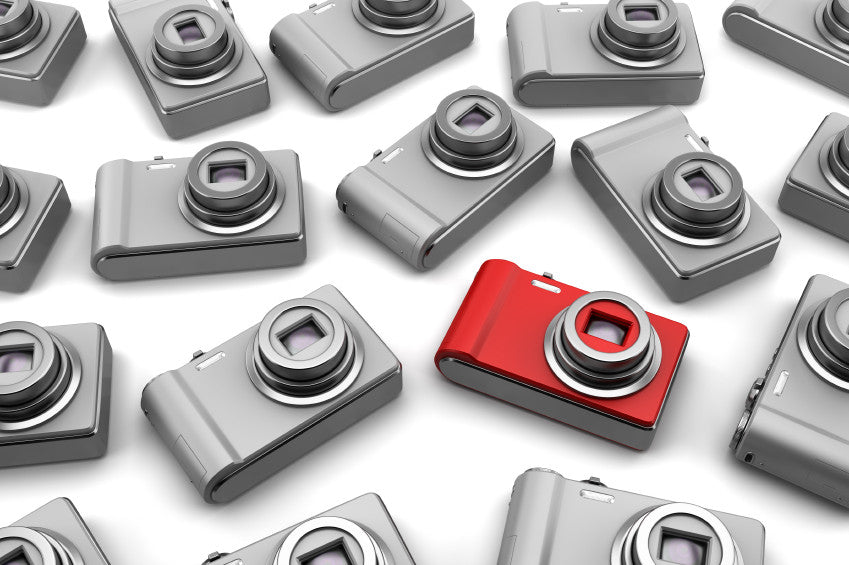
I get asked fairly often for advice on buying a camera. Gardening is a great way to get into photography, and water gardening is especially conducive to learning to take great pictures. Helping someone find the right camera for them, though, is not advice that’s easy to give, as there can be so many factors involved. Over at The Verge this week they put together a pretty good introductory guide to a lot of these factors. It’s broad and easy to understand, and I think that it covers a lot of what most camera shoppers need to know.
I don’t, of course, agree across the board with The Verge on this. For one thing, I think that they show a bit too much love for the Sony mirrorless system (though Sony’s point-and-shoot cameras have gotten truly exemplary in recent years). I would also disagree with them on their characterization of point-and-shoot build quality as “unimpressive.” A bit of shopping around these days will reveal that the build quality on many P&S cameras has gotten very solid.
I have two main maxims for buying cameras, each applying to a different use of camera. First, the best camera is the one you have with you. This is why I don’t think very well of Superzoom style cameras at all. They’re huge, they’re expensive, and they do very, very little that a tiny P&S camera won’t do (and they’re often worse at that). So, when looking for a small, everyday use camera, ask yourself how likely you really are to carry any given model. If it seems too fragile to carry in your pocket without a case or toss in your purse, skip it. If it’s too big for in your pocket on the way to a concert or family picnic, skip it.
My second rule applies to DSLRs, primarily, and it’s something that the Verge touches on in their guide. When you’re buying a DSLR, you’re not just buying a camera, you’re buying into an ecosystem. This is why I usually advise shoppers to stick to one of the two most popular systems: Canon or Nikon (I shoot Canon). I’m not a gear nut, but very few DSLR shooters will stick to kit equipment forever. You’ll acquire more lenses and accessories, and these will be interchangeable with new camera bodies as you buy more into the system. You’ll quickly get to the point where you can upgrade your entire shooting experience for relatively little money so long as you stay within your shooting ecosystem, whereas changing systems would be very expensive. It can be a little overwhelming to think of it this way, taking into account what you’ll want from your camera system years down the road, but it’s not as tough as you might think. The fact is that both Canon and Nikon are widely used by professionals and amateurs alike worldwide, and for good reason. Both ecosystems are very, very good with tons of options, and both are always getting better.
Once you choose your ecosystem, you’ll be surprised at how easy it is to find the right camera body for you. The biggest help in this is that both Nikon and Canon are producing entry-level camera bodies of such quality that just about anyone getting into photography should be perfectly happy with just about any choice. Or, at least, they will be until the Gear Fever takes them.
One last bit of advice to add to what the Verge laid out in their piece: Professional reviews are your friends, but don’t let them scare you away from what you think is a good choice. And, for your sanity’s sake, don’t read a single review after you’ve made your purchase; that’s a quick recipe for buyer’s remorse.

